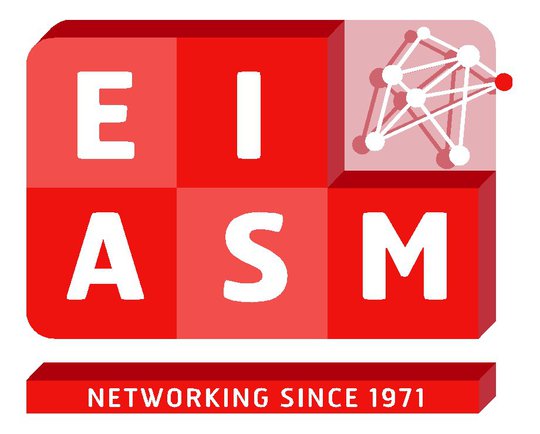5TH EUROPEAN REWARD MANAGEMENT CONFERENCE
13.02.2015

European Institute for Advanced Studies in Management (EIASM)
ORGANISING COMMITTEE
Conny Herbert ANTONI
University of Trier, Germany
Xavier BAETEN
Vlerick Business School, Belgium
Stephen PERKINS
London Guildhall Faculty of Business & Law - London Metropolitan University, UK
Jason D. SHAW
The Hong Kong Polytechnic University, Hong Kong
Matti VARTIAINEN
Work Psychology and Leadership - Department of Industrial Engineering and Management - Aalto University School of Science, Finland
KEY THEMES AND ISSUES
The motivation for change and growth has become a central topic in Europe and elsewhere. Times of stability are short and a lot of efforts have been invested to look for seeds of growth and stable development. Governments expect ‘creative destruction’ to solve the economic crises, create growth and provide jobs to those without them. The question of the role of reward management systems in enhancing change and development remains largely unanswered. The question of rewarding elements and practices in support of the emergence of new and renewed structures needs answers.
Much emphasis has been put on technological developments during 2000’s for the increase of productivity. In many countries, in spite of high unemployment rates, those having work seem to experience more intensification than ever. The ageing population has forced politicians across Europe to activate longer work hours in order to ensure the survival of pensions and social security systems. Simultaneously, the world of work is changing swiftly because of millennials, generation z and immigrants are now replacing an ageing workforce. A question to management is: are the values and beliefs of these large groups very different from older generations’ values and beliefs? What do they consider as rewarding and motivating in their work?
New types of jobs and work relations are also emerging because of globalisation and increasing digital labor. The challenges of managing reward in an international context are considerable given both the rapid global expansion of organizations and the emergence of new global players in developing countries. Such developments have thrown up many challenges simultaneously that might impact upon organizations’ reward strategies and systems. Key issues include governance, stakeholders’ variable power and influence, leadership, cultural norms and values, legal systems, political and economic vagaries, competitive pressures, pay setting methods, and the use of expatriate versus home country labor and global career management.
Development of information and communication technologies has increasingly transferred jobs to the net creating a digital workforce. It is possible to find skilled employees in any corner of the world and hire them usually to rather short or even micro-tasks. Finding work remotely has led to a significant increase in freelance workers. For these freelancers, the employer can come from anywhere and the trust in work relations is the main intangible asset to keep the work processes flowing. Cultural differences will also have a significant impact on the flow of work. More and more employees work in distributed teams having much more flexibility to shape their working lives than their co-located work mates. They are often led remotely and control their own schedules and work environments. Their performance is measured and evaluated based on their outcomes instead of keen observations of their ongoing work processes.
Reward structures are also shifting from being primarily based on direct monetary compensation towards a “total rewards” paradigm, where both intrinsic and extrinsic rewards are balanced. Likewise, there is a change in thinking work/life balance with “work” seen as a secondary activity in one’s total life. In their well-known Self-Determination Theory (SDT), Deci and Ryan point out that motivation can be promoted through contexts that satisfy the psychological needs of competence, autonomy, and relatedness. The quality of motivation can be predicted from both the aspects of the social environment including job characteristics and the work climate and individual differences. Leaders and managers can hardly influence individual characteristics but very much on the events in work by influencing job environment and characteristics and organizational climate by leadership practices. The question from the reward management point of view then arises how motivation can be fostered without decaying it?
We cannot overstate that, more than ever, there is a strong need for practice-relevant, evidence-based academic research in the field of reward management in order to help firms face global challenges in their economic, social, environmental and regulatory business contexts. This conference focuses on recent relevant academic research in the field of reward management in advanced and developing economies. It also seeks to function as a bridge between academics and practitioners. In this respect, a number of reward professionals will also be invited to exchange ideas in order to stimulate the dialogue between research and practice.
More info: http://www.eiasm.org/frontoffice/event_announcement.asp?event_id=1115

